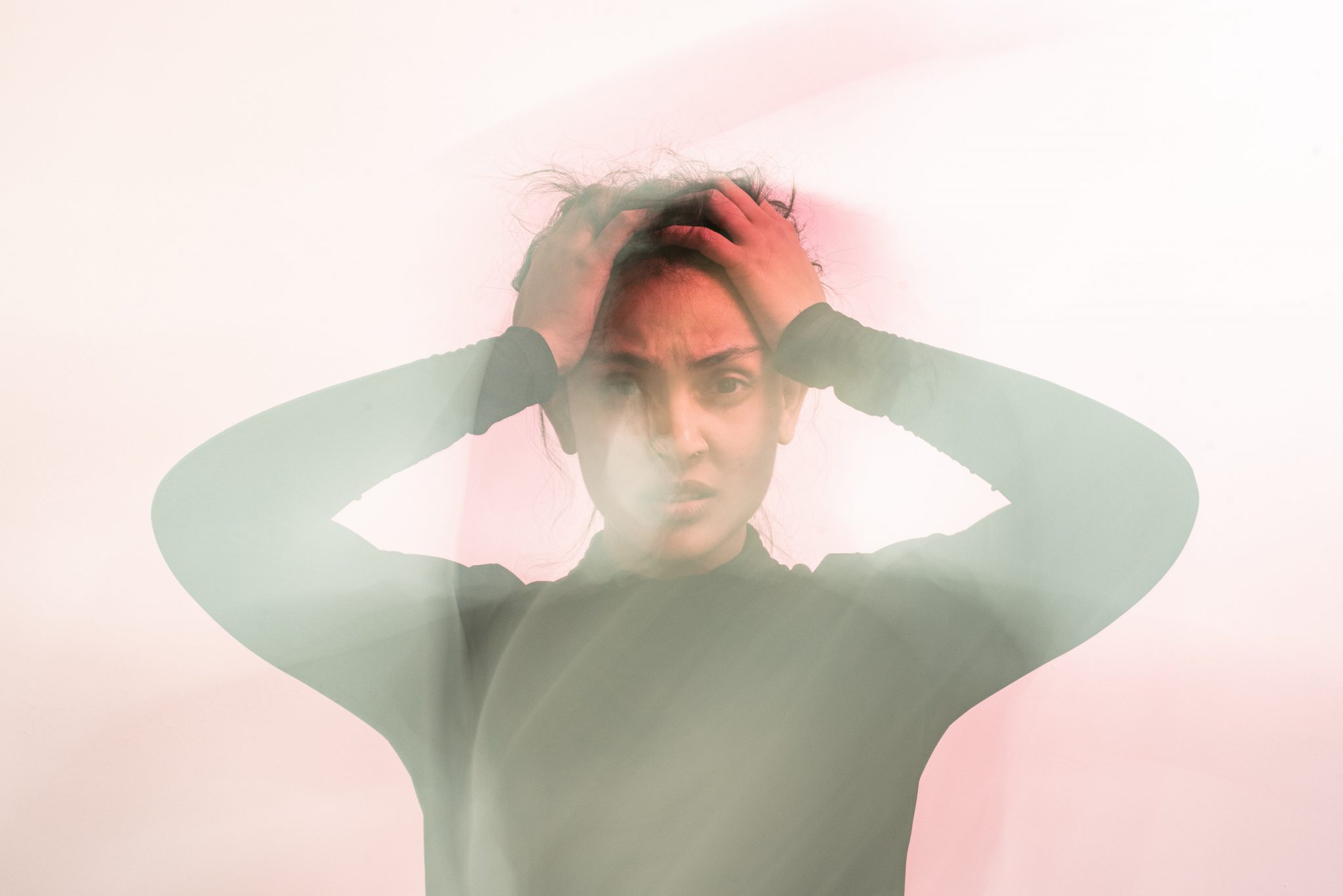15 Mar Social Anxiety

We all know that feeling of being nervous or uncomfortable in social settings. You might have noticed your palms getting sweaty when you meet someone new, or having ‘brain freeze’ when giving a presentation at work. Public speaking, walking into a room full of strangers and even socializing can be a source of stress for many.
But for people with social anxiety disorder (or social phobia), these everyday situations cause persistent and debilitating distress. People with social anxiety may fear being judged, criticized or humiliated in front of others – even in the most ordinary, everyday situations. They may avoid all social contact because certain aspects of social interaction, like small talk or making eye contact, make them so uncomfortable.
Social anxiety disorder can affect a person’s ability to:
-
-
- Work
- Attend school/university
- Develop close relationships with others
-
Symptoms of social anxiety may occur in all social situations, or in limited and select contexts (such as when eating in front of people or talking to strangers). Symptoms of social anxiety include:
-
-
- Trembling or shaking
- Blushing
- Difficulty speaking
- Rapid heart rate
- Dizziness or lightheadedness
- Worry about a social event for days or weeks beforehand
- Worry about embarrassing yourself in social situations
- Worry that people will notice you are stressed/anxious
- Needing alcohol to face a social situation
-
The exact cause of social anxiety disorder is unknown, but research suggests it is caused by a combination of environmental and genetic factors. Negative experiences like bullying or family conflict may also contribute to the disorder.
If you think you may have social anxiety, there are a number of ways to try and reduce your anxiety levels:
-
-
- Avoid caffeine: Coffee, chocolate and soft drink are stimulants and may contribute to anxiety levels
- Get plenty of sleep: Lack of sleep can increase anxiety and worsen symptoms of social anxiety
- Therapy: Cognitive Behavioural Therapy, exposure therapy and/or group therapy can help you learn ways to manage your anxiety symptoms and can provide techniques to interact socially
- Medication: Speak with your GP about whether medication could be effective in managing anxiety symptoms
-
Social anxiety doesn’t have to control your life and the outlook for Social Anxiety Disorder is positive, with effective and timely treatment. Therapy, lifestyle changes and medication can help many people feel calmer and more confident in social situations.


Sorry, the comment form is closed at this time.